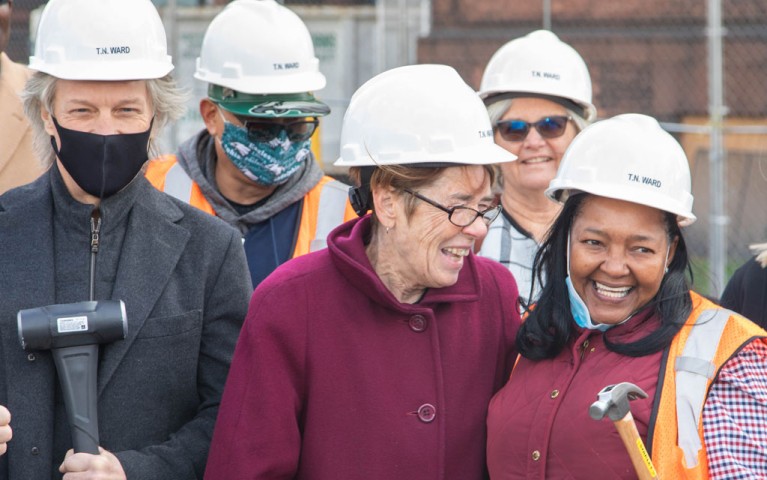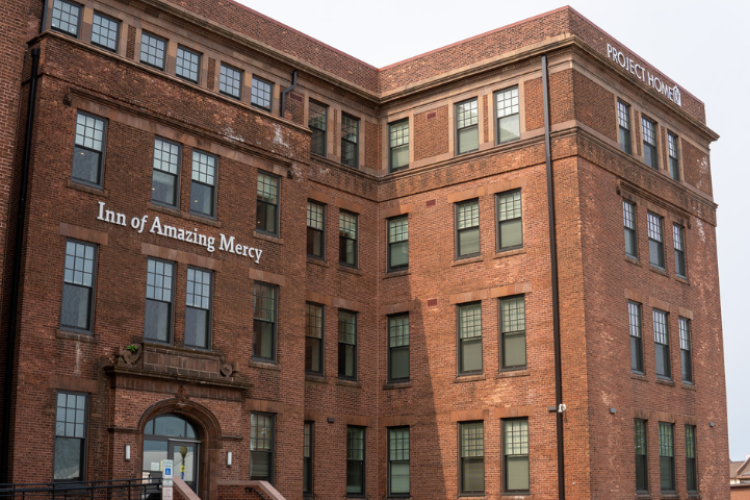Roots and Branches: Reflections from Sister Mary

In the late 1980s and early 1990s, when Project HOME was beginning its work with individuals on the streets, one of the biggest challenges was the harsh reality of addiction. Substance use disorders have long affected persons throughout our society, but always with an especially destructive impact on poor communities. The advent of crack cocaine in the 1990s brought a new wave of devastation, wreaking havoc in economically vulnerable neighborhoods and accelerating the number of people falling into homelessness.
But in many ways, an even greater challenge were the prevailing societal attitudes. Long-standing myths of addiction as moral failure persisted in the face of growing medical knowledge. And the crack epidemic fueled the public’s association of drugs with young black men, intensifying the toxic brew of racism and poverty. (Blatant judicial inequalities were rampant: convicted white users of powder cocaine received relatively minor sentences compared to long prison sentences for predominantly black users of crack.)
Today’s opioid epidemic is yet another vicious wave of addiction. The scenes of desperation and suffering we see in the Kensington neighborhood of Philadelphia are heart-rending, and urgently call out for a response. Unlike the crack crisis of the 1990s, opioid addiction is an equal opportunity epidemic, impacting persons from all walks of life, no matter their color or creed or social standing.
For the past three years, Project HOME has been doing extensive work in Kensington, developing new strategies and programs focused on the needs of those seeking to break the vice grip of opioid addiction – including specialized housing and supports.
Every wave of addiction brings its own challenges – the most effective treatments, best strategies for outreach, necessary public education. But one thread is consistent: addiction never was and never will be a matter of moral failure. It is a medical crisis requiring treatment and recovery. And more often than not, addictions have a social context. In the case of the current crisis, pharmaceutical companies have been brought to trial for knowingly promoting opioid abuse.
We are hopeful that, with your support, we can make a significant difference in the Kensington neighborhood. Working together, all of us can once again demonstrate the transformative power of recovery for both persons and communities.
But the most important ingredient for success is, as it has been since our earliest days, that we affirm the dignity, the worth, the value, and the potential of each person. We cannot be limited to seeing addicts – we must see sisters, brothers, family, persons with whom we share the precious bond of beloved community. That is the core of true recovery – for all of us.
